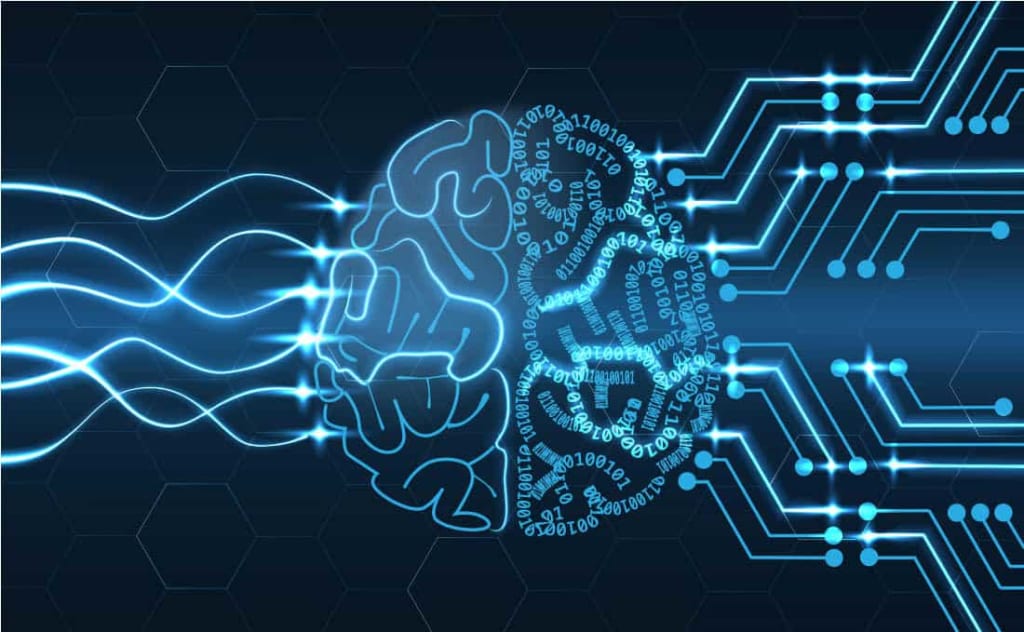
Artificial Intelligence (AI) is rapidly evolving, and its impact on society and the economy is already substantial. The technology has the potential to transform a range of industries, including healthcare, finance, transportation, and retail, among others. In this essay, I will describe the future of AI, including its potential benefits and challenges.
The future of AI is likely to be shaped by the development of increasingly advanced machine learning algorithms. These algorithms will be able to process vast amounts of data quickly and accurately, leading to new breakthroughs in fields such as medicine, transportation, and finance.
One area where AI is expected to have a significant impact is healthcare. With the help of AI, doctors will be able to make more accurate diagnoses, predict which patients are at risk of developing certain diseases, and create personalized treatment plans. This will lead to better patient outcomes and lower healthcare costs.
AI is also expected to revolutionize transportation. Self-driving cars are already in development, and they have the potential to greatly reduce accidents and congestion on the roads. Additionally, AI-powered logistics systems will be able to optimize the movement of goods, leading to greater efficiency and cost savings.
In finance, AI is already being used to analyze data and identify patterns that humans might miss. This has led to more accurate predictions of stock prices and other financial indicators. As AI becomes more advanced, it will be able to make even more accurate predictions, leading to greater profitability for investors.
Despite the many potential benefits of AI, there are also significant challenges that must be addressed. One of the biggest challenges is the potential impact on jobs. As AI becomes more advanced, it will be able to automate a growing number of tasks that were previously done by humans. This will lead to job losses in certain sectors, particularly those that involve repetitive tasks.
Another challenge is the potential for AI to be used for malicious purposes. For example, AI-powered cyberattacks could be used to take down critical infrastructure or steal sensitive data. Additionally, AI-powered weapons could be used to conduct warfare in ways that are difficult to predict or counteract.
To address these challenges, policymakers will need to work closely with researchers and industry leaders to develop ethical guidelines for the use of AI. These guidelines should prioritize safety, security, and human well-being.
In addition, it will be important to invest in education and training programs that prepare workers for the jobs of the future. This may involve retraining workers who have been displaced by automation or helping young people develop skills that are in high demand in the AI-driven economy.
Another important area of focus will be the development of explainable AI. This refers to AI systems that are able to explain their decisions in a way that humans can understand. This is important for ensuring that AI is transparent and accountable, and it will be essential for building trust in the technology.
In conclusion, the future of AI is likely to be characterized by rapid advancement in machine learning algorithms and the development of new applications in fields such as healthcare, transportation, and finance. While AI has the potential to bring many benefits, it also poses significant challenges, particularly in terms of job displacement and the potential for malicious use. To address these challenges, policymakers will need to work closely with industry leaders and researchers to develop ethical guidelines for the use of AI and invest in education and training programs that prepare workers for the jobs of the future.
About the Creator
Saqi Jee
Rockstar Writer





Comments
There are no comments for this story
Be the first to respond and start the conversation.